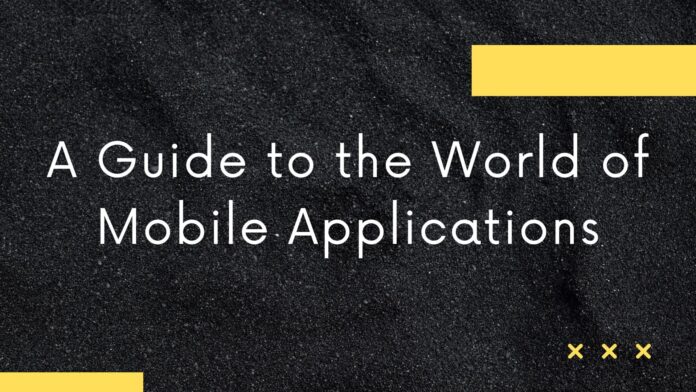Hello, everyone! In our cases and manuals, we have talked extensively about mobile applications, and today I have prepared a comprehensive guide on applications, gathering all the information about what apps are, how to work with them, and why they are important.
Let’s start by discussing what mobile applications are.
An application is a software entity available on Google Play or iTunes 🙂
Here is an example of gambling apps in the store:
There are primarily two types of apps:
1) WebView – an application that essentially acts as a browser and opens any link, in our case, a link to a stream (product/offer).
In other words, a user downloads the app, and inside it, a browser opens with a link to what we want them to see (for example, a link to a gaming stream), and the user simply interacts with the mobile version of the casino through our app (the browser is not the typical one, and you cannot see the URL or navigate anywhere). I download the app, click to launch it, and I will see this:
Valor opened because I embedded a link to Valor in the app 🙂
WebView apps typically have a lifespan of around 14 days. P.S. In 99% of cases, WebView is used 🙂
2) Native – this is an app that is a product on its own; the product cannot be changed, and it often exists only within the app. One advantage is that since the product is already implemented in the app, users don’t need to register; their device ID is linked directly. This results in higher conversion rates, as there’s no click-to-register step; it’s just click-to-deposit, which means one less step equals more profit. It looks something like this:

+ Such apps have a very long lifespan, around a year. However, such apps are very rare.
So, how do you start working with mobile applications?
In most cases, you can only advertise apps on Facebook due to technical restrictions. But why is that? What happens if we take an app and promote it through push notifications, click-unders, and other sources? You can advertise the app through a link from anywhere, but we use deep linking and understand the traffic source through it. If you advertise through a direct link, you’ll be mixing your traffic with everyone else’s. * There are options for direct linking, but they are more individual and feasible if you have experience and volume.
To start advertising an app, it must be added to your Facebook account. How can you do that?
First, you need to provide the link to the stream that we need to wrap within the app. This link will be displayed to the user every time they launch the app.
You provide your advertising account’s ID.
They will share the app with you, and after that, it will appear in your list; simply click on it, and it’s ready.
That’s it! Just two steps, and the app is ready for promotion. Now, the most important thing is to track that the traffic is indeed coming from your campaigns.
How do we know that conversions are coming from your campaigns? There are two main ways to track who the conversions are coming from: deep links or specific campaign names.
In the first case, you will receive a deep link that helps us identify your traffic. The statistics will appear in your affiliate panel 🙂
In the second case, you name your advertising campaign with a specific standard. In this case, the statistics won’t appear in the affiliate panel, unfortunately, it’s not possible, but you can always request information on that statistics from your personal manager. This method is usually used for native apps and is more for general awareness.
You will receive the deep link or campaign name after the app is shared with you.
Frequently Asked Questions:
- Do you need to cloak apps? – No, Facebook doesn’t care about how the app looks or what it contains; app moderation is handled by GamblingPro.
- Can you share the app with multiple accounts? – Yes, you can share apps with as many accounts as you need.
- Does the deep link/campaign name change depending on the account? – No, the deep link/campaign name is associated with you as a webmaster; it’s yours.
- Can you promote using direct links? (In case you plan to use pre-landing pages) – No, apps are always shared on Facebook; there are other options, but it would defeat the purpose 🙂
In conclusion, mobile applications are a convenient tool for traffic arbitrage. Today, we covered the main types of apps. It’s worth noting that app capabilities allow you to use the same app for different geo-locations and split your offers, such as one offer for geo X and another for geo Y. That’s all for today. Stay tuned to our GamblingPro blog for the latest news in the world of traffic arbitrage in the gambling industry.

















